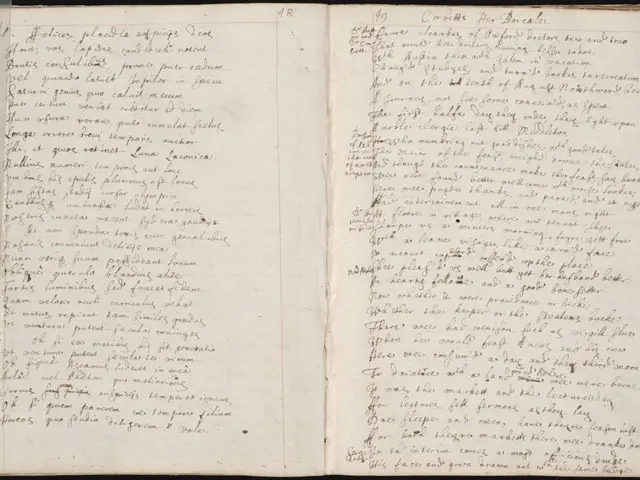NCAA Seeks Push for Tougher State-Level Sports Betting Regulations
The organization responsible for overseeing college sports is urging states to tighten up their rules on sports betting to shield athletes from harassment, uphold the fairness of competitions, and restrict wagering to people aged 21 and above.
These recommendations from the NCAA come at a time when universities and sports leagues are trying to navigate the expanding world of legalized sports betting and the mishmash of laws in over 30 states.
Charlie Baker, the NCAA's president who previously served as the governor of Massachusetts, has a personal connection to the issue. During his tenure as governor, he signed a law authorizing sports betting and appointed the regulators for the program. After joining the NCAA, he has emphasized the potential benefits of sports betting for the organization.
Baker explained in a recent statement, "The NCAA is making updates to help student-athletes make informed decisions about sports betting, but with the escalating growth of this industry, we're excited to collaborate with lawmakers, regulators, and industry leaders to safeguard student-athletes from harassment and threats." He also noted that while some states have strong laws in place to protect athletes and ensure game integrity, more action is needed as more states pass or modify their betting laws.
Student-Athletes on the Receiving End of Harassment
Gamblers frequently target college athletes, according to the NCAA, with 72% of universities reporting ongoing gambling issues, and a similar proportion of athletes encountering harassment from disgruntled bettors.
To tackle this issue, Baker suggests that gaming authorities create new monitoring systems to register harassment or coercive conduct and refer such cases to the appropriate authorities.
He also urges states to establish mandatory reporting hotlines, allowing players or university staff to inform officials about any instances of harassment or coercion. Furthermore, the NCAA encourages state regulators to impose harsher penalties on bettors found to have harassed athletes.
Betting by student-athletes is another emerging concern, shown by scandals implicating players at the University of Iowa and Iowa State University.
Limit Wagering To Those 21 and Above
In its advice to states, the NCAA recommends requiring bettors to be at least 21 years old and directing funds toward awareness programs for problem gambling aimed at at-risk college students. While most states already have a 21-year age requirement for bettors, a few still allow all adults to place a sports wager.
In New Hampshire, New Mexico, Rhode Island, Washington, DC, and Kentucky (which recently legalized sports betting), individuals 18 and older can place a bet.
"In this era where the well-being of student-athletes is our top priority, it's crucial that we adopt a proactive strategy to shield student-athletes from undesirable involvement with bettors," comments Morgyn Wynne, the vice chair of the Division I Student-Athlete Advisory Committee. "Although 38 states have passed 38 unique laws, it's critical that all share the pursuit of safeguarding the student-athlete experience and discouraging risky actions that could compromise the integrity of sports."








